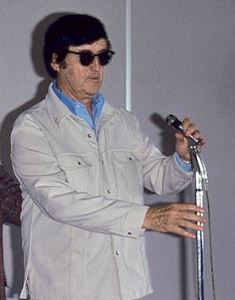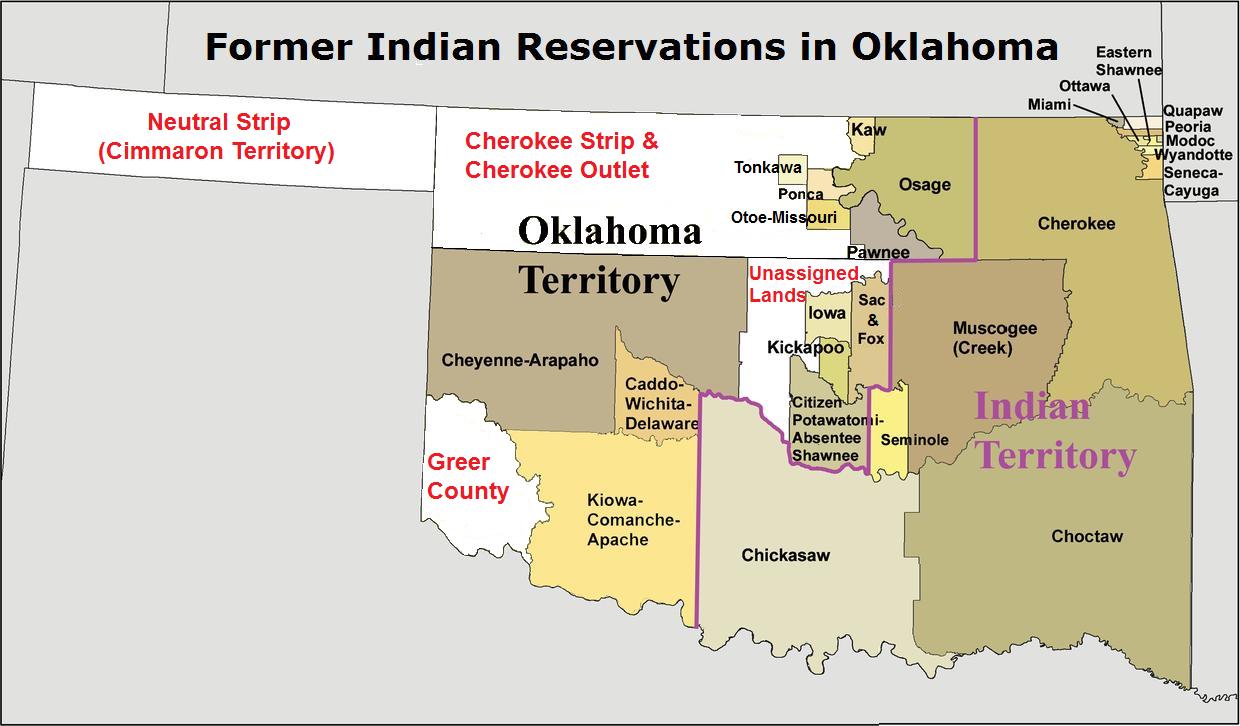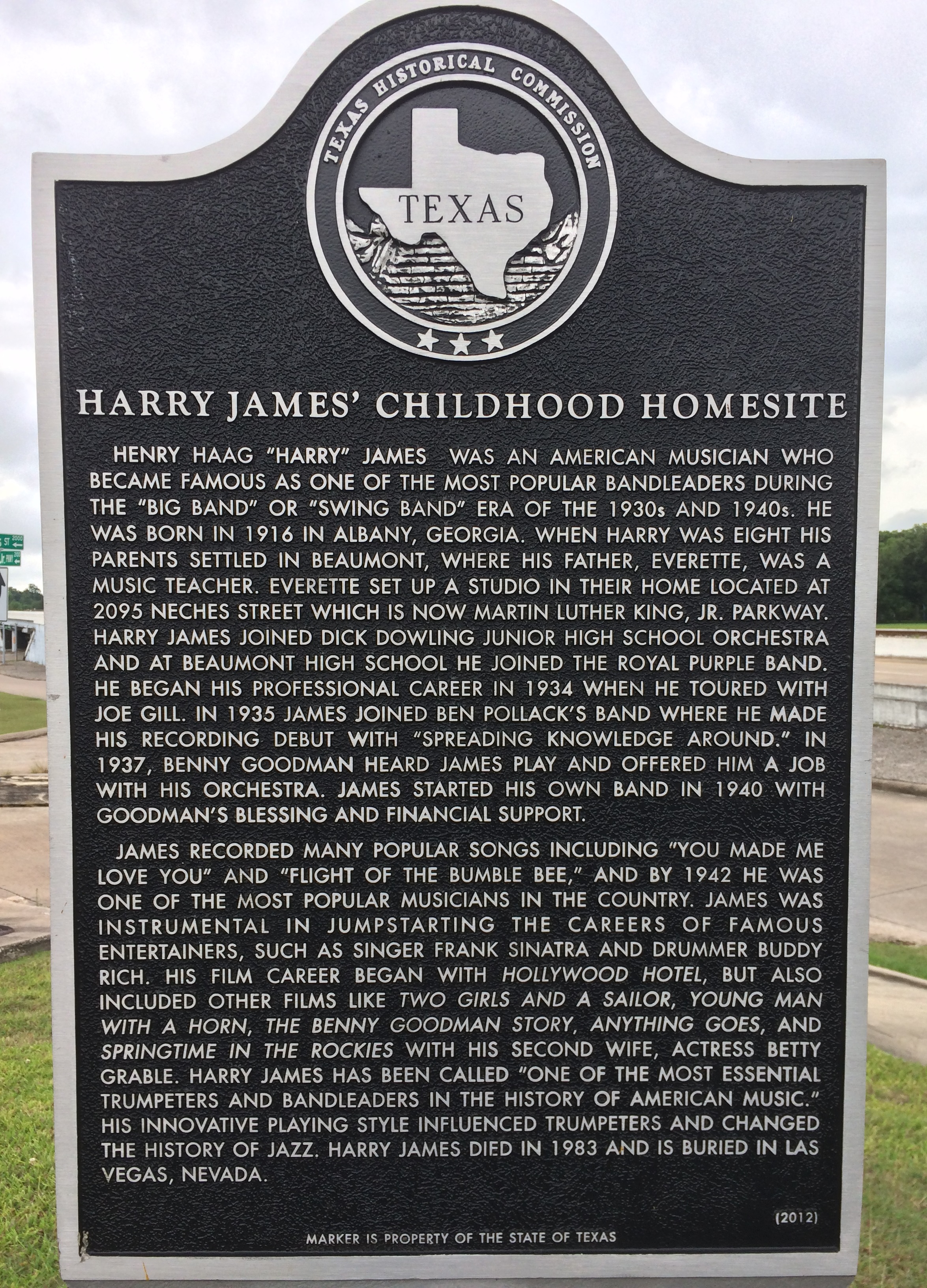|
Book Revue (cartoon Short)
''Book Revue'' is a 1946 Warner Bros. ''Looney Tunes'' cartoon directed by Bob Clampett. The cartoon was released on January 5, 1946, and features Daffy Duck. The plotline is a mixture of the plots of Frank Tashlin's ''Speaking of the Weather'' (1937), ''Have You Got Any Castles?'' (1938) and Clampett's own ''A Coy Decoy'' (1941). Plot The cartoon starts out in the same, pastoral "after midnight at a closed bookstore" fashion of Frank Tashlin's trio of "books coming to life" cartoons, to the strains of ''Piano Sonata No. 14 (Beethoven), Moonlight Sonata''; a colorized version of the storefront from ''A Coy Decoy'' can be seen. Inside, an inebriated "cuckoo bird" pops out of a cuckoo clock to announce the arrival of midnight (and signaling the "cuckoo" activities to follow) and the books come alive. The first of these is a book collection called ''"Complete Works of Shakespeare"''. Shakespeare is shown in silhouette while his literally-rendered insides ("works") are functioning ... [...More Info...] [...Related Items...] OR: [Wikipedia] [Google] [Baidu] |
Bob Clampett
Robert Emerson Clampett Sr. (May 8, 1913 – May 2, 1984) was an American animator, director, producer and puppeteer. He was best known for his work on the '' Looney Tunes'' animated series from Warner Bros. as well as the television shows ''Time for Beany'' and ''Beany and Cecil''. He was born and raised not far from Hollywood and, early in life, showed an interest in animation and puppetry. After leaving high school a few months shy of graduating in 1931, he joined the team at Harman-Ising Productions and began working on the studio's newest short subjects, ''Looney Tunes'' and '' Merrie Melodies''. Clampett was promoted to a directorial position in 1937. During his 15 years at the studio, he directed 84 cartoons later deemed classic, and designed some of the studio's most famous characters, including Porky Pig, Daffy Duck and Tweety. Among his most acclaimed films are ''Porky in Wackyland'' (1938) and ''The Great Piggy Bank Robbery'' (1946). He left Warner Bros. Cartoons ... [...More Info...] [...Related Items...] OR: [Wikipedia] [Google] [Baidu] |
Piano Sonata No
The piano is a stringed keyboard instrument in which the strings are struck by wooden hammers that are coated with a softer material (modern hammers are covered with dense wool felt; some early pianos used leather). It is played using a keyboard, which is a row of keys (small levers) that the performer presses down or strikes with the fingers and thumbs of both hands to cause the hammers to strike the strings. It was invented in Italy by Bartolomeo Cristofori around the year 1700. Description The word "piano" is a shortened form of ''pianoforte'', the Italian term for the early 1700s versions of the instrument, which in turn derives from ''clavicembalo col piano e forte'' (key cimbalom with quiet and loud)Pollens (1995, 238) and ''fortepiano''. The Italian musical terms ''piano'' and ''forte'' indicate "soft" and "loud" respectively, in this context referring to the variations in volume (i.e., loudness) produced in response to a pianist's touch or pressure on the keys: the grea ... [...More Info...] [...Related Items...] OR: [Wikipedia] [Google] [Baidu] |
Henry VIII Of England
Henry VIII (28 June 149128 January 1547) was King of England from 22 April 1509 until his death in 1547. Henry is best known for his six marriages, and for his efforts to have his first marriage (to Catherine of Aragon) annulled. His disagreement with Pope Clement VII about such an annulment led Henry to initiate the English Reformation, separating the Church of England from papal authority. He appointed himself Supreme Head of the Church of England and dissolved convents and monasteries, for which he was excommunicated by the pope. Henry is also known as "the father of the Royal Navy" as he invested heavily in the navy and increased its size from a few to more than 50 ships, and established the Navy Board. Domestically, Henry is known for his radical changes to the English Constitution, ushering in the theory of the divine right of kings in opposition to papal supremacy. He also greatly expanded royal power during his reign. He frequently used charges of treason a ... [...More Info...] [...Related Items...] OR: [Wikipedia] [Google] [Baidu] |
The Sea Wolf
Seawolf, Sea wolf or Sea Wolves may refer to: Animals * Sea wolf, a wolf subspecies found in the Vancouver coastal islands * Seawolf (fish), a marine fish also known as wolffish or sea wolf * A nickname of the killer whale * South American sea lion, locally called ''lobo marino'' (sea wolf) Arts and entertainment * ''The Sea-Wolf'', a 1904 novel by Jack London * Seawolf (Wines), an organic winery in Yorkville Highlands, Mendocino * ''U.S.S. Seawolf'' (novel), a 2000 novel by Patrick Robinson * Sea Wolf (comics), a supervillain in the DC Comics * Sea Wolf (band), a band led by Alex Brown Church, an indie folk musician Films and television * ''The Sea Wolf'' (1913 film), a lost silent film directed by Hobart Bosworth * ''The Sea Wolf'' (1920 film), directed by George Melford * ''The Sea Wolves'' (1925 film), a German silent film directed by Arthur Robison * ''The Sea Wolf'' (1926 film), a silent film directed by Ralph Ince * ''The Sea Wolf'' (1930 film), directed by Alf ... [...More Info...] [...Related Items...] OR: [Wikipedia] [Google] [Baidu] |
The Whistler
''The Whistler'' is an American radio mystery drama which ran from May 16, 1942, until September 22, 1955, on the west-coast regional CBS radio network. The show was also broadcast in Chicago and over Armed Forces Radio. On the west coast, it was sponsored by the Signal Oil Company: "That whistle is your signal for the Signal Oil program, ''The Whistler''." There were also two short-lived attempts to form east-coast broadcast spurs: July 3 to September 25, 1946, sponsored by the Campbell Soup Company; and March 26, 1947, to September 29, 1948, sponsored by Household Finance. The program was also adapted into a film noir series by Columbia Pictures in 1944. Characters and story Each episode of ''The Whistler'' began with the sound of footsteps and a person whistling. ('' The Saint'' radio series with Vincent Price used a similar opening.) The haunting signature theme tune was composed by Wilbur Hatch and featured Dorothy Roberts whistling with an orchestra. A character known ... [...More Info...] [...Related Items...] OR: [Wikipedia] [Google] [Baidu] |
Cherokee Strip
The Cherokee Outlet, or Cherokee Strip, was located in what is now the state of Oklahoma in the United States. It was a 60-mile-wide (97 km) parcel of land south of the Oklahoma-Kansas border between 96 and 100°W. The Cherokee Outlet was created in 1836. The United States forced the Cherokee Nation of Indians to cede to the United States all lands east of the Mississippi River in exchange for a reservation and an "outlet" in Indian Territory (later Oklahoma). At the time of its creation, the Cherokee Outlet was about 225 miles (360 km) long. The cities of Enid, Woodward, Ponca City, and Perry were later founded within the boundaries of what had been the Cherokee Outlet. The Cherokee Strip was a two and one-half mile wide piece of land running along the northern border of much of the Cherokee Outlet. It was the result of a surveying error. The whole of the Cherokee Outlet is often called the Cherokee Strip. Creation In 1836, the Treaty of New Echota between ... [...More Info...] [...Related Items...] OR: [Wikipedia] [Google] [Baidu] |
You Made Me Love You (I Didn't Want To Do It)
"You Made Me Love You (I Didn't Want to Do It)" is a popular song from 1913 composed by James V. Monaco with lyrics by Joseph McCarthy. It was introduced by Al Jolson in the Broadway revue ''The Honeymoon Express'' (1913), and used in the 1973 revival of the musical ''Irene''. One of the earliest singers to record the song was Al Jolson. His rendition was recorded on June 4, 1913. It was released as Columbia A-1374 and was an international hit. In Britain, Columbia had to order 25,000 copies from the U.S. to satisfy unprecedented demand for a gramophone record. Another successful recording in 1913 was by William J. Halley. Al Jolson recorded the song again on March 20, 1946, released as Decca 23613. Jolson also performed the song for the soundtrack of the 1946 film ''The Jolson Story.'' In 1937, Roger Edens wrote additional lyrics to the song for Judy Garland. The new lyrics cast Garland in the role of a teenage fan of Clark Gable. Garland sang the song to Gable at a birthda ... [...More Info...] [...Related Items...] OR: [Wikipedia] [Google] [Baidu] |
Obbligato
In Western classical music, ''obbligato'' (, also spelled ''obligato'') usually describes a musical line that is in some way indispensable in performance. Its opposite is the marking ''ad libitum''. It can also be used, more specifically, to indicate that a passage of music was to be played exactly as written, or only by the specified instrument, without changes or omissions. The word is borrowed from Italian (an adjective meaning ''mandatory''; from Latin ''obligatus'' p.p. of ''obligare'', to oblige); the spelling ''obligato'' is not acceptable in British English, but it is often used as an alternative spelling in the US. The word can stand on its own, in English, as a noun, or appear as a modifier in a noun phrase (e.g. ''organ obbligato''). Independence ''Obbligato'' includes the idea of independence, as in C.P.E. Bach's 1780 Symphonies "''mit zwölf obligaten Stimmen''" ("with twelve ''obbligato'' parts") by which Bach was referring to the independent woodwind parts he was us ... [...More Info...] [...Related Items...] OR: [Wikipedia] [Google] [Baidu] |
Harry James
Harry Haag James (March 15, 1916 – July 5, 1983) was an American musician who is best known as a trumpet-playing band leader who led a big band from 1939 to 1946. He broke up his band for a short period in 1947 but shortly after he reorganized and was active again with his band from then until his death in 1983. He was especially known among musicians for his technical proficiency as well as his tone, and was influential on new trumpet players from the late 1930s into the 1940s. He was also an actor in a number of films that usually featured his band. Early life Harry James was born in Albany, Georgia, United States, the son of Everett Robert James, a bandleader in a traveling circus, the Mighty Haag Circus, and Myrtle Maybelle (Stewart), an acrobat and horseback rider. He started performing with the circus at an early age, first as a contortionist at age of four, then playing the snare drum in the band from about the age of six. It was at this age that James was almost ... [...More Info...] [...Related Items...] OR: [Wikipedia] [Google] [Baidu] |
Young Man With A Horn (novel)
''Young Man with a Horn'' is a 1938 novel by Dorothy Baker that is loosely based on the real life of jazz cornet player Bix Beiderbecke. The novel was adapted for the movie '' Young Man With a Horn'' (1950) with Kirk Douglas, Doris Day, Lauren Bacall, Juano Hernández, and real-life Bix Beiderbecke friend and collaborator Hoagy Carmichael Preface Dorothy Baker explained that the inspiration for the book was jazz cornetist, pianist, and composer Bix Beiderbecke. In the Preface, she wrote: "The inspiration for the writing of this book has been the music, but not the life, of a great musician, Leon (Bix) Beiderbecke, who died in the year 1931. The characters and events of the story are entirely fictitious and do not refer to real musicians, living or dead, or to actual happenings." Plot introduction It is a fictionalized novel on jazz set in a world of speakeasies and big bands during The Jazz Age of the 1920s. It is loosely based on the life of the great cornet player Bix Beiderb ... [...More Info...] [...Related Items...] OR: [Wikipedia] [Google] [Baidu] |
My Grandfather's Clock
"My Grandfather's Clock" is a song written in 1876 by Henry Clay Work, the author of "Marching Through Georgia". It is a standard of British brass bands and colliery bands, and is also popular in bluegrass music. The '' Oxford English Dictionary'' says the song was the origin of the term "grandfather clock" for a longcase clock. In 1905, the earliest known recording of this song was performed by Harry Macdonough and the Haydn Quartet (known then as the "Edison Quartet"). Storyline The song, told from a grandchild's point of view, is about his grandfather's clock. The clock is purchased on the morning of the grandfather's birth and works perfectly for 90 years, requiring only that it be wound at the end of each week. The clock seems to know the good and bad events in the grandfather's life; it rings 24 chimes when the grandfather brings his bride into his house, and near his death it rings an alarm, which the family recognizes to mean that the grandfather is near death and gat ... [...More Info...] [...Related Items...] OR: [Wikipedia] [Google] [Baidu] |






